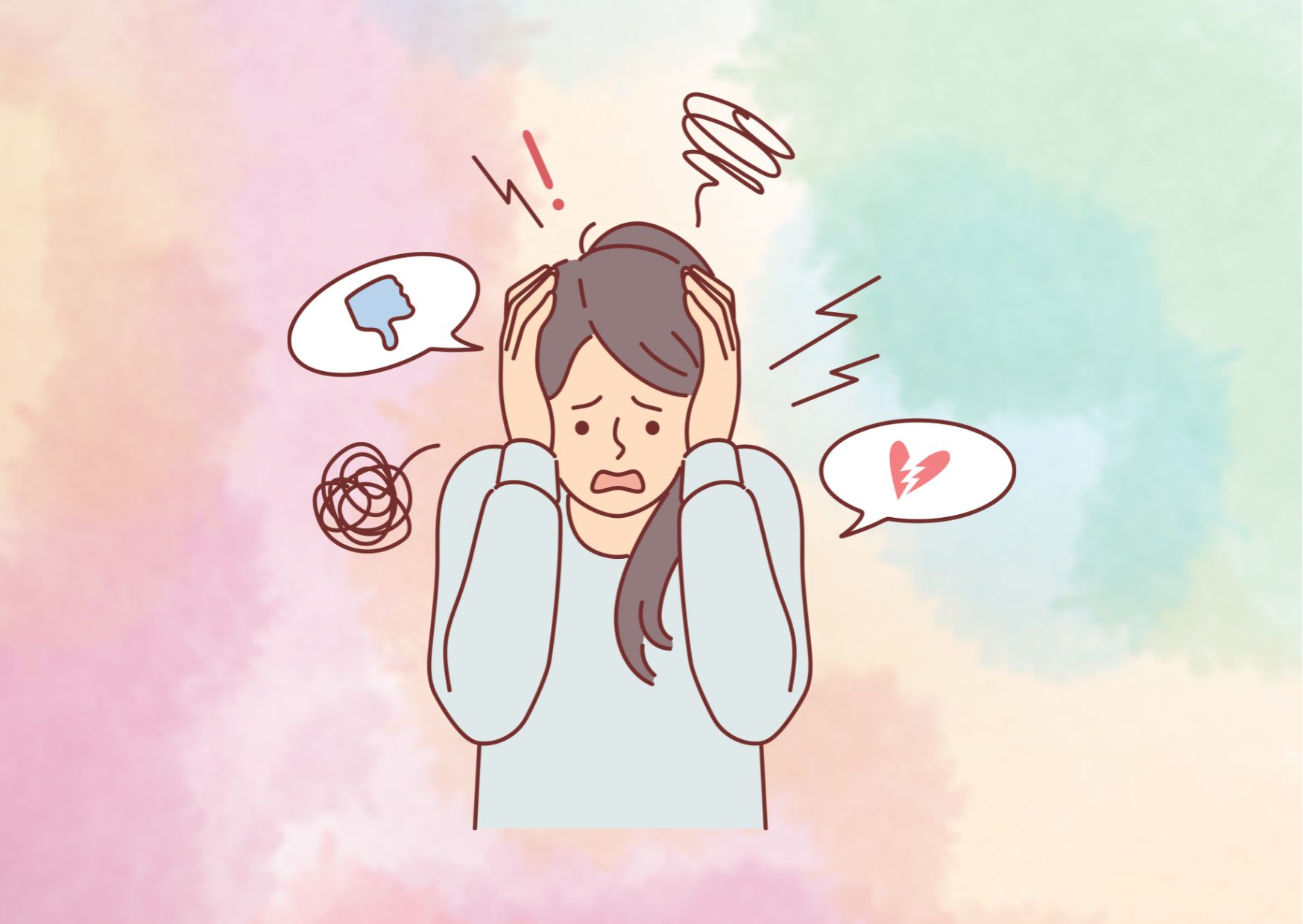Understanding the Reasons Behind Mean Behavior: Why Are People So Mean to Me?
Table of Contents
- Introduction
- The Complexity of Human Behavior
- Poor Communication Skills: A Barrier to Kindness
- Insecurity and Low Self-Esteem: Projecting Negativity onto Others
- Stress and Emotional Baggage: The Impact on Interactions
- Mental Health Issues and Personality Disorders: Struggles with Social Interactions
- Fear, Threat, and Jealousy: The Source of Mean Behavior
- Misery and Projection: Unhappiness Breeds Cruelty
- Lack of Social Skills: The Challenge of Expressing Emotions Appropriately
- Misguided Lessons: The Illusion of Teaching Through Meanness
- Jealousy and Envy: The Green-Eyed Monster
- Perceived Vulnerability: Targeting the Weak
- Attention-Seeking: Seeking Validation through Negative Behavior
- Exclusion: Rejecting Others for Personal Reasons
- Responding to Meanness: Strategies for Self-Protection
- Seeking Support: The Importance of a Strong Network
- Conclusion
Introduction
Have you ever found yourself asking, “Why is everyone so mean to me?” It can be disheartening and confusing when people consistently exhibit hurtful behavior towards us. We may question our own actions, wondering if we have done something to deserve this treatment. However, it’s important to understand that people’s mean behavior is often a reflection of their own struggles and insecurities, rather than a direct result of our actions.
In this comprehensive article, we will delve into the various reasons why people can be mean to us. By gaining a deeper understanding of these underlying factors, we can learn how to navigate these interactions more effectively and prioritize our mental well-being.
The Complexity of Human Behavior
Human behavior is complex and can be influenced by a multitude of factors. It is crucial to approach the topic of meanness with empathy and an open mind. While individuals may exhibit hurtful behavior towards us, it is important to remember that not everyone is mean. We should focus on the positive relationships in our lives and not allow the negative experiences to overshadow them.
In the following sections, we will explore the reasons why people may behave meanly towards us and the psychological and emotional factors that contribute to their actions. By understanding these underlying motivations, we can gain insight into their behavior and develop strategies to protect ourselves.
Poor Communication Skills: A Barrier to Kindness
One possible reason why people may be mean to us is their lack of effective communication skills. Some individuals struggle to express their needs and emotions in a healthy and constructive manner, resorting to aggression or rudeness instead. They may feel a need to be mean or aggressive to gain attention or assert their presence.
It is important to remember that their behavior is not a reflection of our worth or actions but rather a reflection of their own difficulties in communicating effectively. By recognizing this, we can approach their mean behavior with empathy and respond in a way that promotes understanding and compassion.
Insecurity and Low Self-Esteem: Projecting Negativity onto Others
People with low self-esteem or a lack of self-confidence may exhibit mean behavior as a way to cope with their own negative feelings. They may feel the need to bring others down in order to feel better about themselves. By criticizing or belittling others, they may temporarily boost their own self-esteem.
However, it is important to understand that their mean behavior is not a reflection of our worth or actions. It is crucial to maintain our own self-worth and not allow their negativity to affect us. Responding with kindness and understanding can help diffuse the situation and potentially even help them address their own insecurities.
Stress and Emotional Baggage: The Impact on Interactions
Stress and emotional baggage can significantly impact the way people interact with others. Individuals who are dealing with personal problems or facing high levels of stress may inadvertently take out their frustrations on those around them. They may be so consumed by their own issues that they are unable to recognize the impact of their mean behavior on others.
It is important to remember that their actions are not a direct reflection of our worth or actions. By maintaining empathy and understanding, we can help create a more positive and supportive environment for both ourselves and others. Offering support and kindness in difficult times can go a long way in diffusing tense situations.
Mental Health Issues and Personality Disorders: Struggles with Social Interactions
Some individuals may struggle with mental health issues or personality disorders that affect their ability to interact with others in a healthy and constructive manner. They may lack social skills or have difficulty understanding the negative consequences of their actions. It is important to remember that their mean behavior is often a symptom of their own struggles with mental health.
Approaching these individuals with empathy and compassion can help create a safe space for open communication and understanding. It is also essential to prioritize our own well-being and set boundaries when necessary to protect ourselves from their mean behavior.

